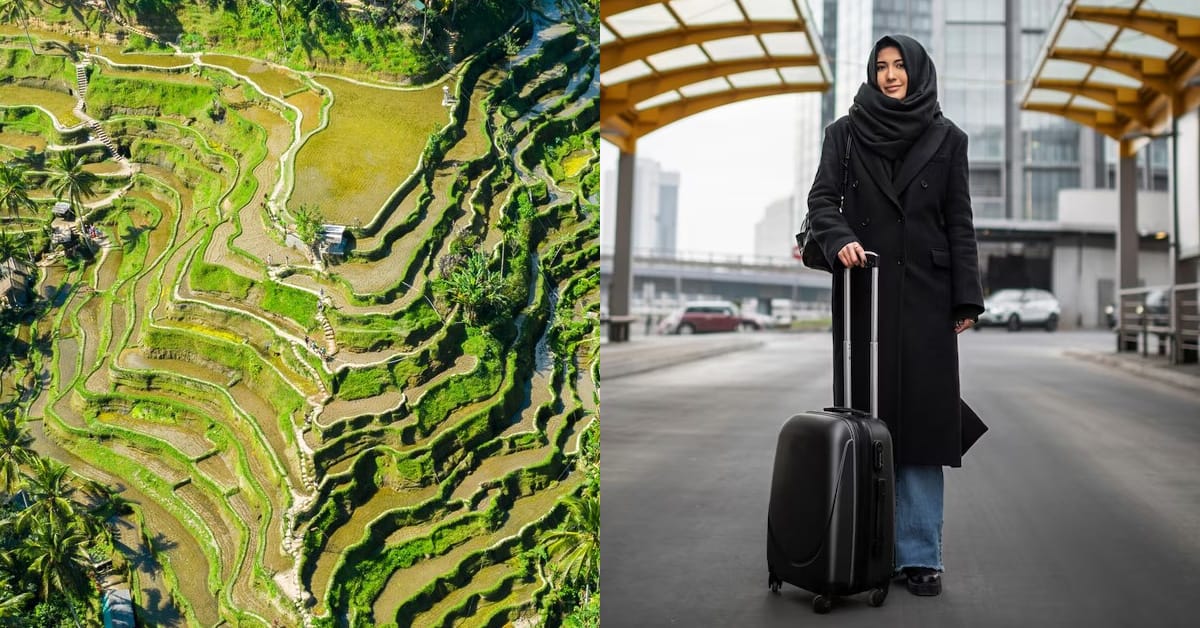The Philippines is a country located in Southeast Asia, known for its beautiful beaches, diverse culture, and friendly people. It is also home to a significant Muslim population, particularly in the southern region of Mindanao.
Muslim travellers visiting the Philippines can experience a unique blend of Islamic and Filipino cultures and explore the country’s rich history and natural wonders. The Philippines offers a memorable and enriching experience for all kind of travellers.
Is Philippines Muslim friendly?
Is Philippines Muslim friendly?
Yes, the Philippines is generally Muslim-friendly, as it is a diverse and multicultural country that respects and accommodates various religious beliefs.
While the majority of the population is Roman Catholic, there is a significant Muslim minority, particularly in the southern region of Mindanao.
There are mosques, halal restaurants, and Islamic cultural centers in various parts of the country.
However, the availability of Muslim-friendly facilities may vary depending on the location, with more options in areas with larger Muslim populations.
Does Philippines have halal food?
Yes, there are halal food options available in the Philippines, particularly in areas with a significant Muslim population such as Mindanao and some parts of Metro Manila.
There are also halal-certified restaurants and food establishments in the country.
What is the largest mosque in Philippines?
The largest mosque in the Philippines is the Masjid Al-Dahab located in Quiapo, Manila.
It was built in 1976 and can accommodate up to 5,000 worshippers. The mosque is known for its golden dome and minarets, which are visible from afar.
It is a popular destination for Muslim pilgrims and visitors alike, especially during the annual Eid al-Fitr and Eid al-Adha celebrations.
The mosque also serves as a center for Islamic education and community activities.
Is Philippines safe for Muslim?
The Philippines is a predominantly Christian country but is also home to a significant Muslim population.
While there have been incidents of violence and conflict in some areas of the country, the government has been working to promote peace and stability in these areas.
It is always advisable to exercise caution and be aware of your surroundings when traveling to any foreign country, regardless of your religion or ethnicity.
Are there many Muslims in Philippines?
Yes, there are many Muslims in the Philippines. According to the 2015 Philippine Census, Muslims make up approximately 5.6% of the total population, which is around 5.7 million people.
The majority of Muslims in the Philippines live in the southern region of Mindanao, where they make up a significant portion of the population.
Is Philippines a good place to live in for Muslims?
The Philippines is a predominantly Christian country, but it is also home to a significant Muslim population, particularly in the southern part of the country.
The government recognises Islam as one of the major religions in the country, and there are mosques and Islamic schools in various parts of the country.
Muslims in the Philippines are free to practice their religion, and halal food options are available in some areas.
However, like any other country, there may be challenges and issues that Muslims may face in the Philippines.
As a Muslim, what should I prepare before travelling to Philippines?
I do not have personal beliefs or religious affiliations. However, here are some general tips for any traveller, including Muslims, visiting the Philippines:
- Check the visa requirements and make sure you have all the necessary documents.
- Research the local customs and traditions, especially if you plan to visit religious sites.
- Pack appropriate clothing that covers your shoulders and knees, as the Philippines is a predominantly Catholic country.
- Bring a prayer mat and a compass to help you find the direction of Mecca for prayer.
- Be aware of the halal food options available in the Philippines, as it may be limited in some areas.
- Learn some basic Filipino phrases to help you communicate with the locals.
- Make sure you have all the necessary vaccinations and medications before traveling.
- Be respectful of the local culture and customs, and avoid any behavior that may be considered offensive or disrespectful.

